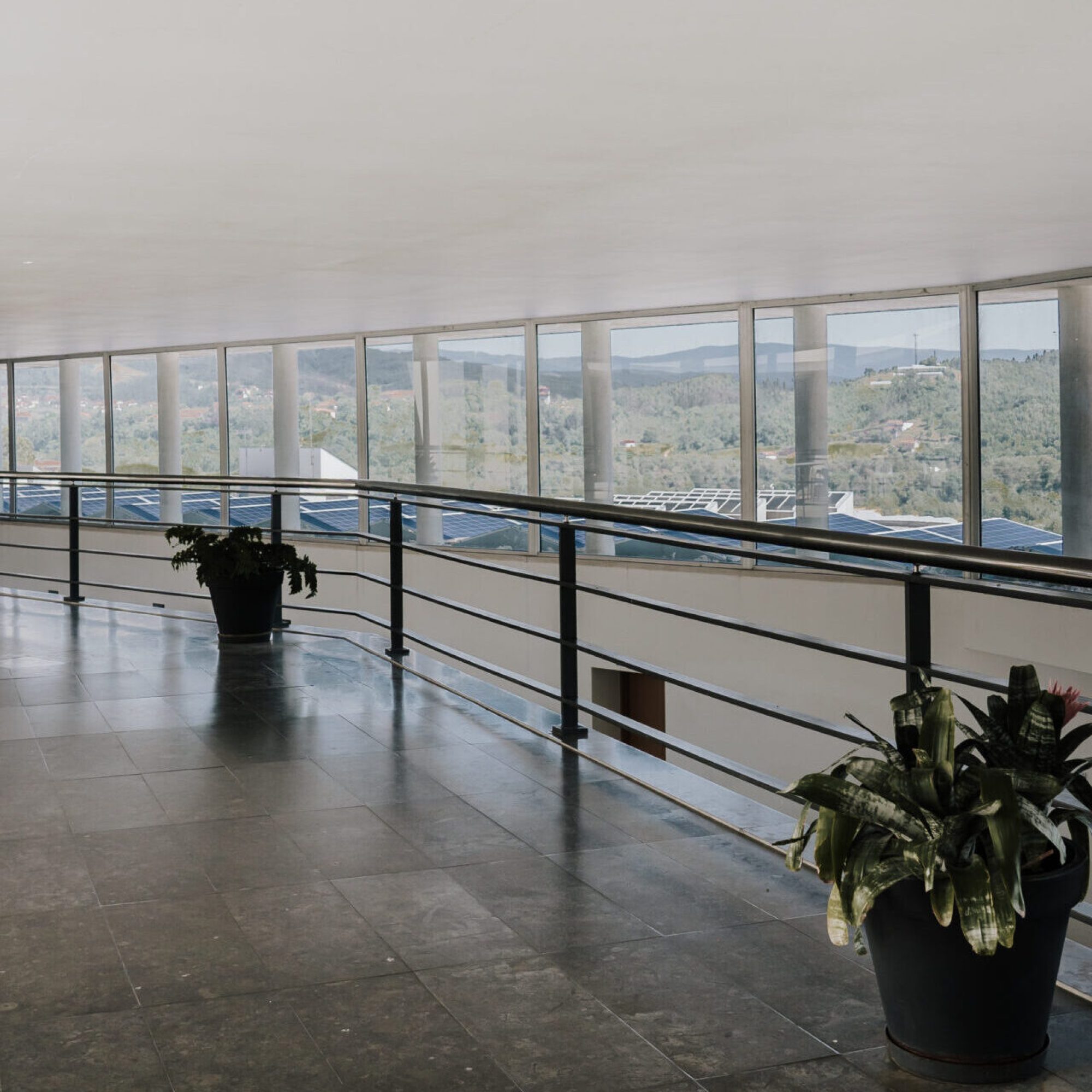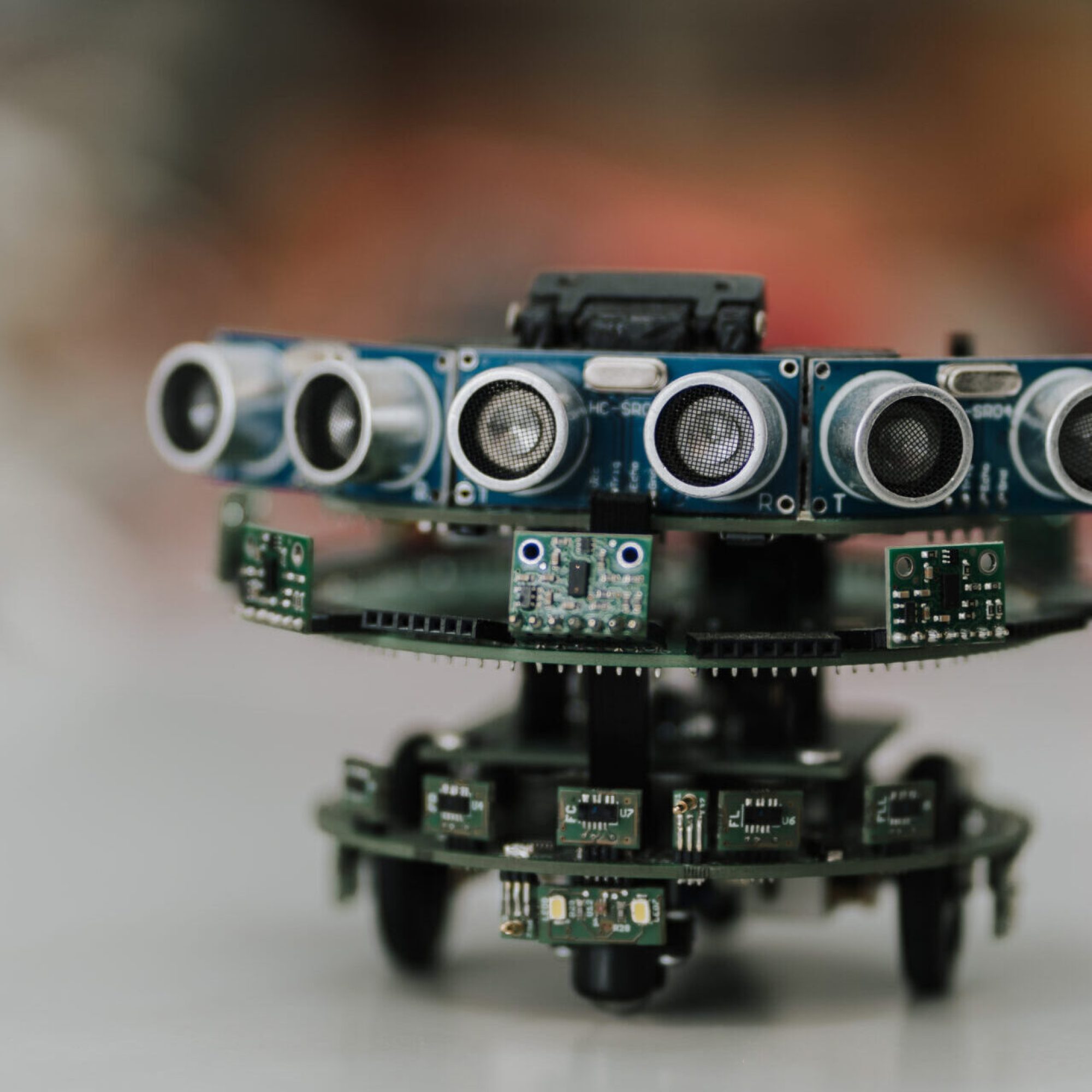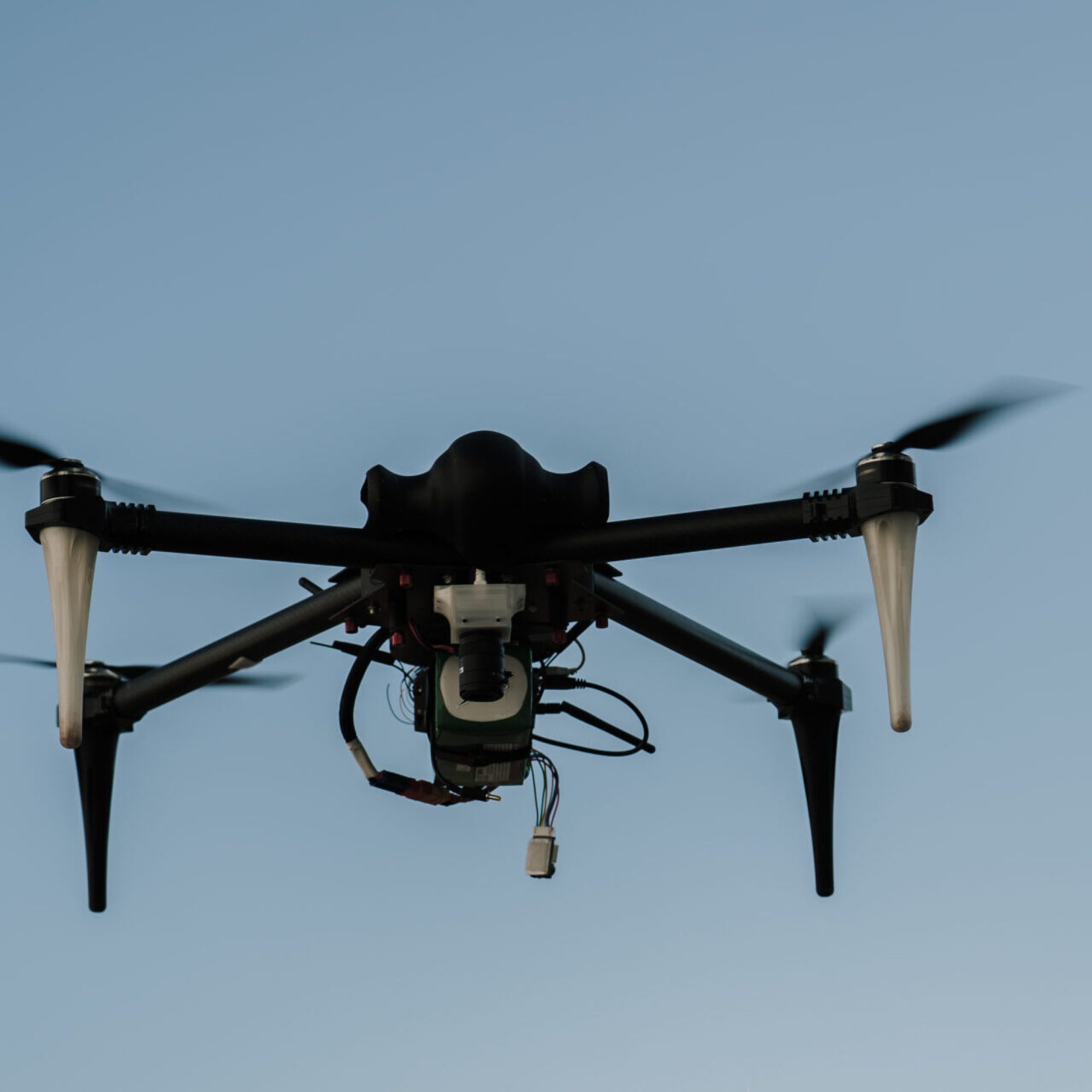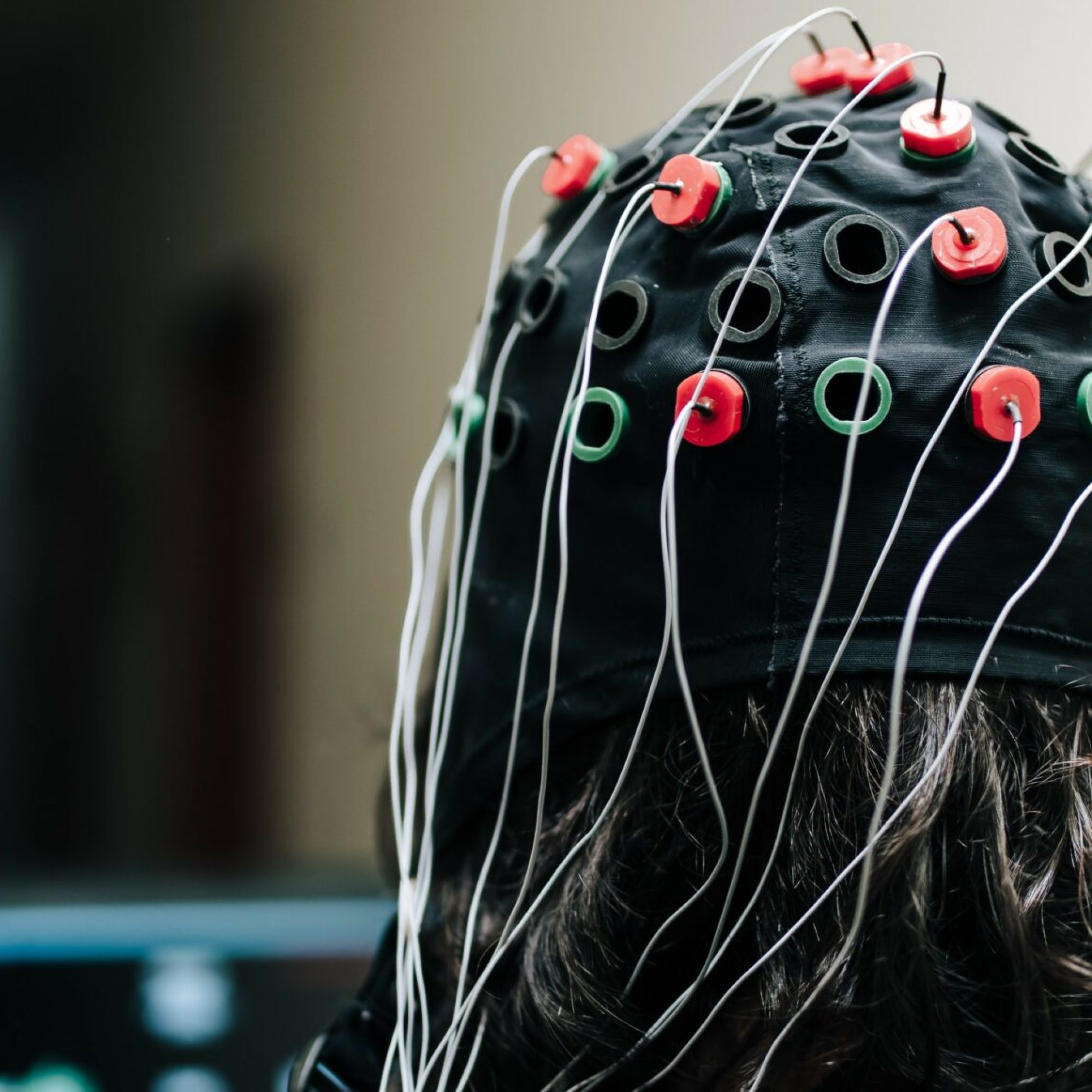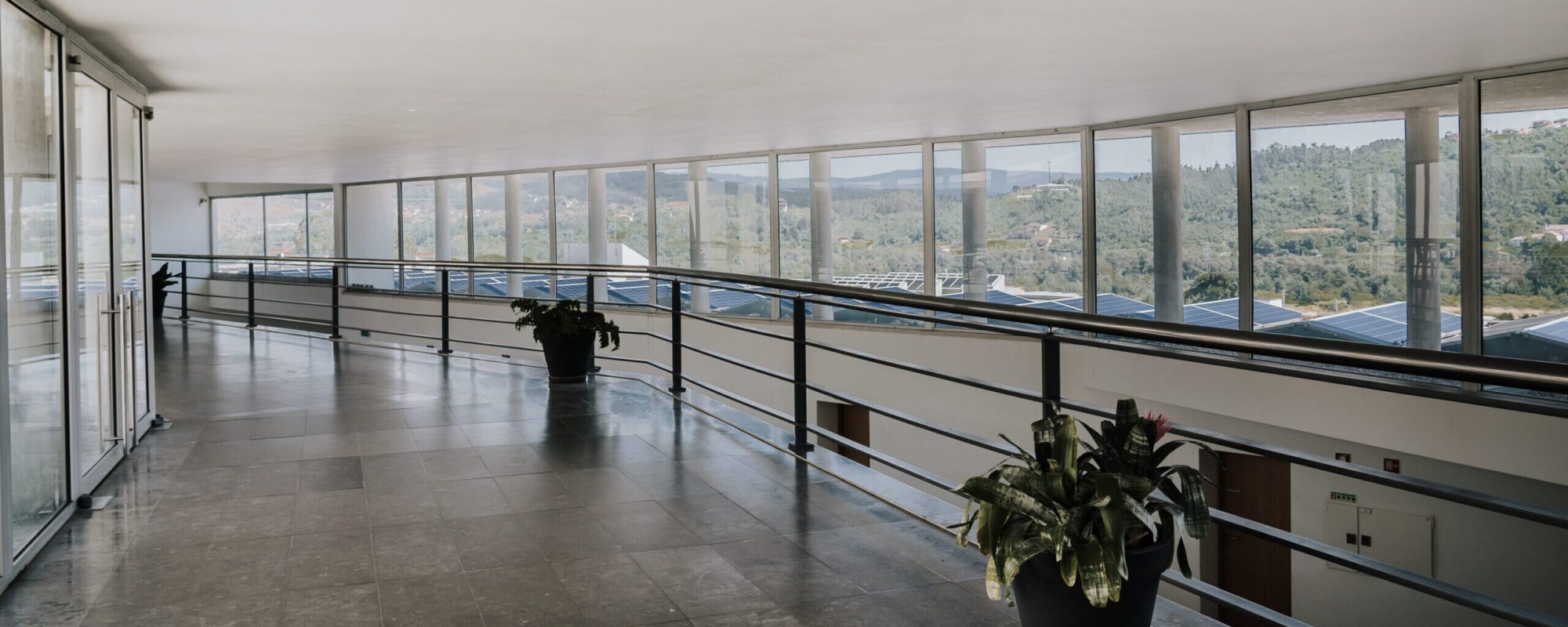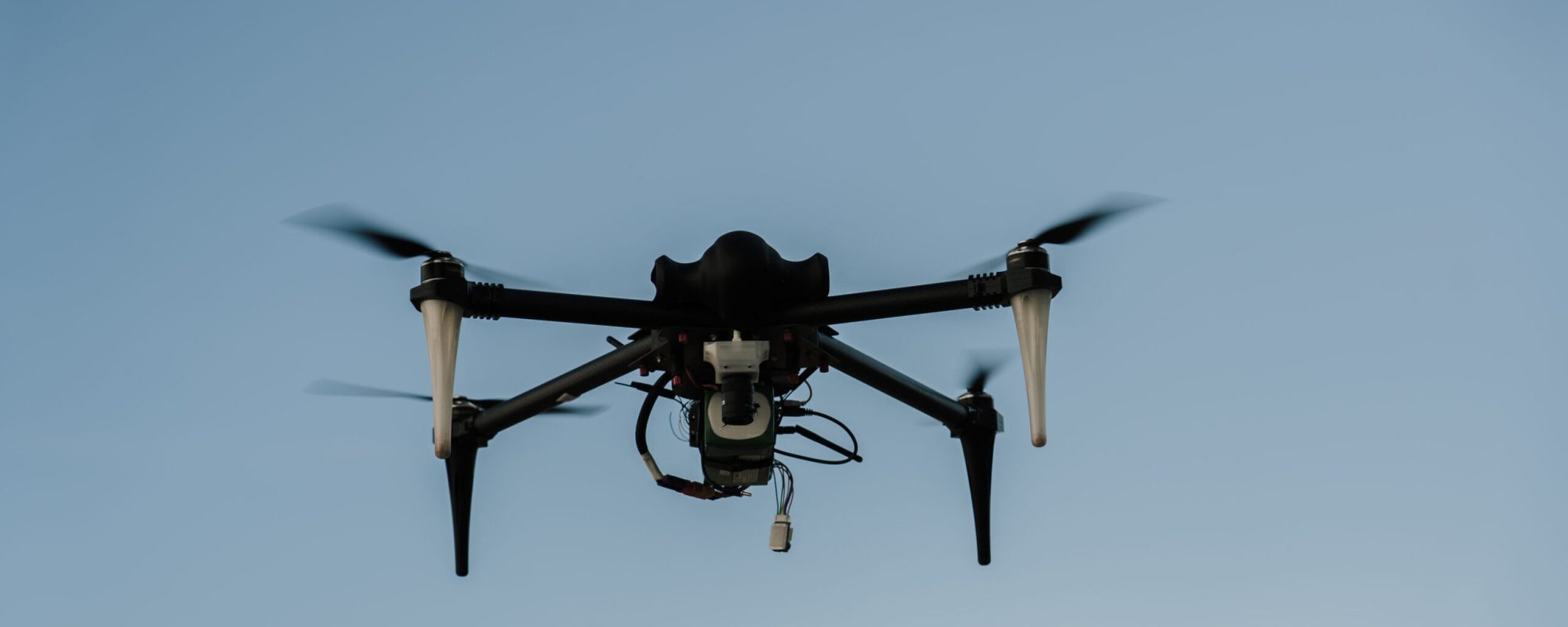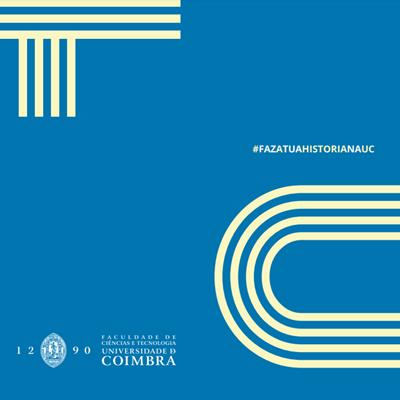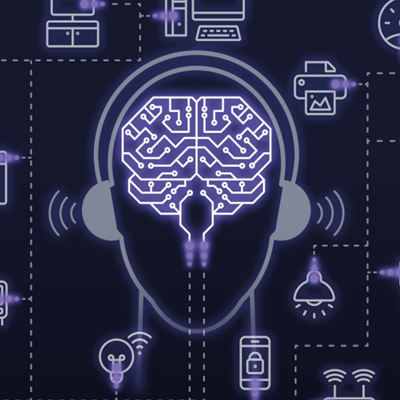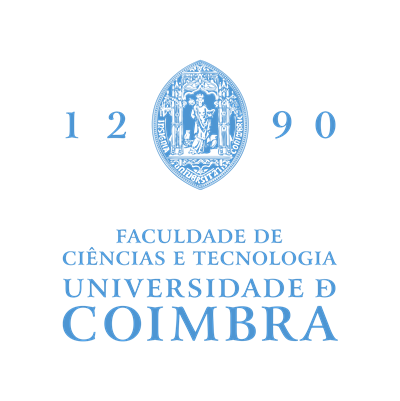|
List of optional disciplines
|
Área
|
2022/2023
|
2023/2024
|
|
|---|---|---|---|---|
|
ENERG
|
2nd Semester
|
2nd Semester
|
||
|
MCA
|
1st Semester
|
1st Semester
|
||
|
MCA
|
1st Semester
|
1st Semester
|
||
|
MCA
|
1st Semester
|
1st Semester
|
||
|
COMP
|
1st Semester
|
1st Semester
|
||
|
RCS
|
1st Semester
|
1st Semester
|
||
|
COMP
|
2nd Semester
|
1st Semester
|
||
|
ENERG
|
2nd Semester
|
2nd Semester
|
||
|
MCA
|
2nd Semester
|
2nd Semester
|
||
|
COMP
|
1st Semester
|
1st Semester
|
||
|
COMP
|
1st Semester
|
1st Semester
|
||
|
COMP
|
1st Semester
|
1st Semester
|
||
|
TEL
|
2nd Semester
|
1st Semester
|
||
|
TEL
|
1st Semester
|
1st Semester
|
||
|
RCS
|
2nd Semester
|
2nd Semester
|
||
|
RCS
|
2nd Semester
|
2nd Semester
|
||
|
TEL
|
1st Semester
|
1st Semester
|
||
|
ENERG
|
1st Semester
|
1st Semester
|
||
|
ENERG
|
1st Semester
|
1st Semester
|
||
|
TEL
|
2nd Semester
|
2nd Semester
|
||
|
RCS
|
1st Semester
|
1st Semester
|
||
|
MCA
|
1st Semester
|
1st Semester
|
||
|
ENERG
|
1st Semester
|
1st Semester
|
||
|
ENERG
|
2nd Semester
|
2nd Semester
|
||
|
COMP
|
1st Semester
|
1st Semester
|
||
|
ENERG
|
1st Semester
|
1st Semester
|
||
|
TEL
|
1st Semester
|
1st Semester
|
||
|
ENERG
|
2nd Semester
|
2nd Semester
|
||
|
TEL
|
2nd Semester
|
2nd Semester
|
||
|
RCS
|
1st Semester
|
1st Semester
|
||
|
RCS
|
1st Semester
|
1st Semester
|
||
|
ENERG
|
2nd Semester
|
2nd Semester
|
||
|
RCS
|
1st Semester
|
1st Semester
|
||
|
TEL
|
2nd Semester
|
2nd Semester
|
||
|
RCS
|
2nd Semester
|
n.d.
|
||
|
MCA
|
n.d.
|
2nd Semester
|
||
n.d. - Not available
Note: Any other disciplines that are part of another specialization are still optional for a specialization.
